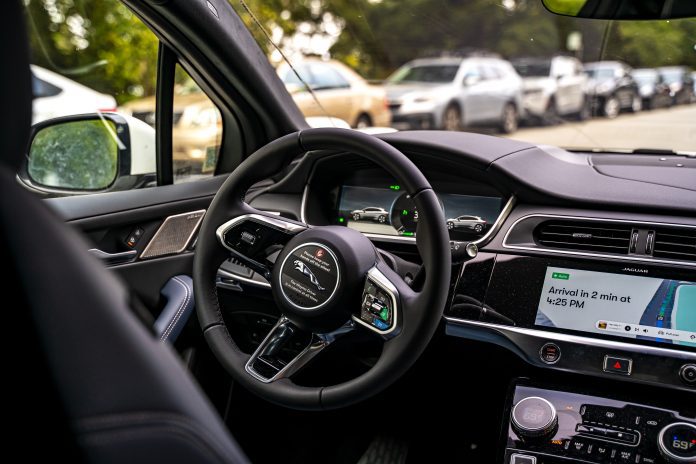Alphabet’s Waymo has surpassed 100 million miles driven autonomously without a human behind the wheel, doubling its total as it rapidly scales its robotaxi operations. The company, which currently operates driverless ride-hailing services in cities like San Francisco, Los Angeles, Phoenix, Austin, and Atlanta, is also aiming to expand further into Washington, D.C., and New York.
Waymo’s milestone comes as Tesla ramps up its own robotaxi efforts, testing a small fleet in Austin and planning wider launches by the end of the year. Despite ongoing challenges, including high development costs, regulatory hurdles, and federal investigations, Waymo remains the only U.S. company currently offering fully autonomous rides to paying passengers.
Here’s why it matters:
Waymo’s rapid growth in the robotaxi space signals broader shifts in how Americans view vehicle ownership, especially in urban markets. As self-driving services expand, traditional dealership models may face disruption from changing mobility trends, particularly if automakers like Tesla and GM push further into the robotaxi space. Dealers must stay informed on AV developments, as they could affect future demand for personal vehicles, fleet sales, service opportunities, and local transit partnerships.
Key takeaways:
- Waymo hits 100 million autonomous miles
The milestone reflects a dramatic acceleration, doubling from 50 million miles at the end of 2024 to 100 million by mid-2025.
- Robotaxi expansion gaining speed
Waymo is scaling in Los Angeles, Austin, Phoenix, Atlanta, and San Francisco, with plans to enter Washington, D.C., and New York in 2026.
- Tesla joins the fray
Tesla launched a limited robotaxi test in Austin with plans to expand into multiple cities by the end of 2025 despite early issues.
- Regulatory and safety challenges persist
All major AV players, such as Waymo, Tesla, and Zoox, face federal scrutiny, recalls, and challenges related to public safety and oversight.
- Retail auto industry must prepare for impact
As autonomous ride-hailing services expand, dealerships may experience shifts in consumer buying behavior, urban vehicle demand, and fleet service requirements.
Waymo’s journey began in 2009 as a small project within Google and has since evolved into one of the world’s most advanced autonomous driving programs. With more than 10 million self-driven trips completed and over 2 million miles now logged each week, the company is transitioning from experimentation to scaled deployment. As it eyes expansion into major markets, Waymo is positioning itself as a front-runner in the race to commercialize robotaxis, one that could redefine mobility and reshape how Americans think about car ownership and transportation access.





